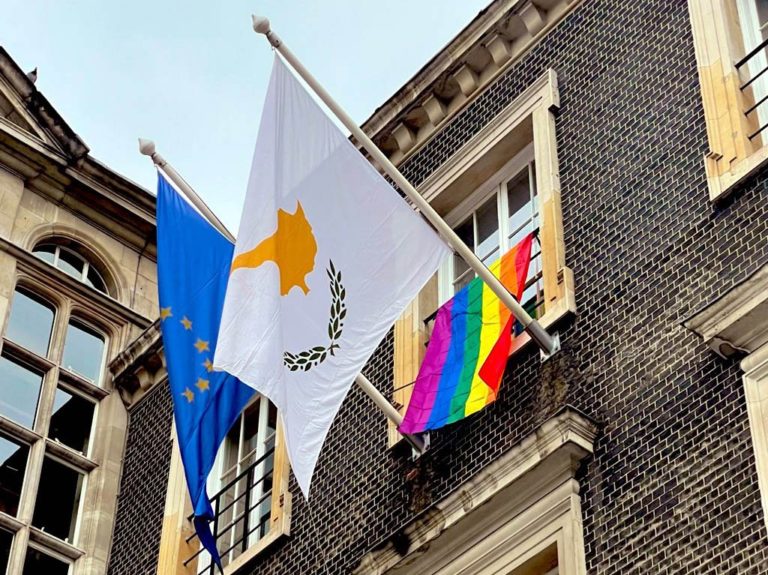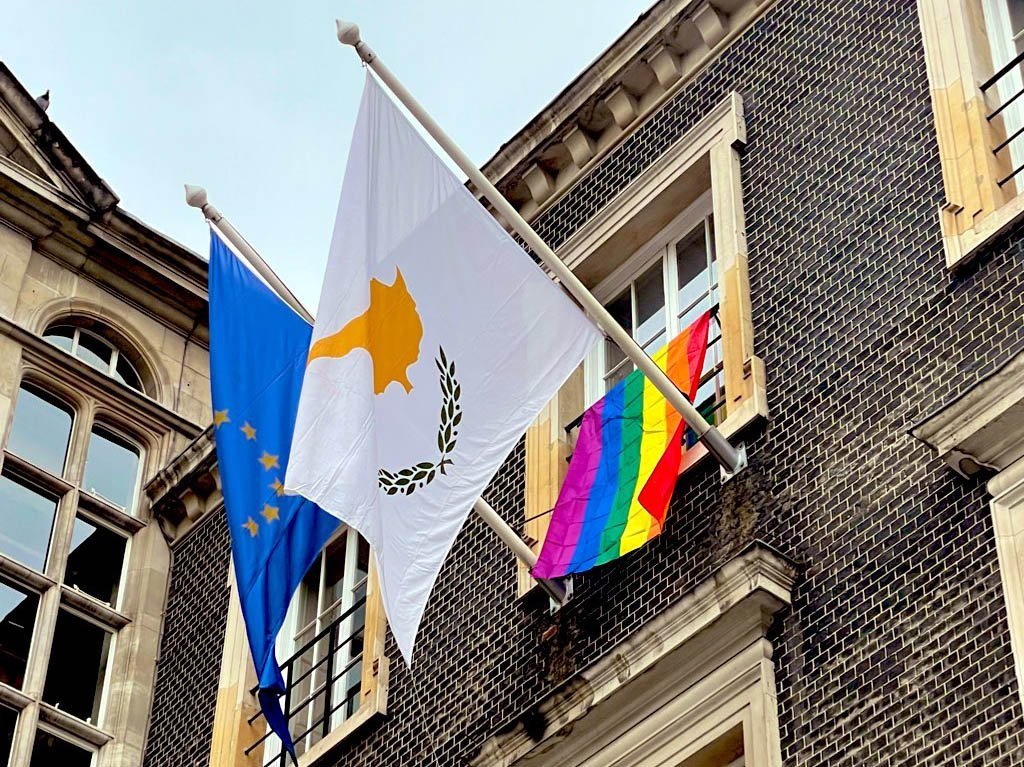

Justice Minister Emily Yiolitis on Monday highlighted improvements made in Cyprus in recent years to safeguard the LGBTI community but advocacy groups have drawn attention to ongoing difficulties.
In a statement to mark international day against homophobia, transphobia and biphobia, Yiolitis said that: “In Cyprus, at the legislative and institutional level, significant steps have been taken.”
She highlighted the criminalisation of homophobic and transphobic rhetoric as a demonstration of the state’s determination to strengthen equality.
But Accept Cyprus, an LGBTI advocacy group, has drawn attention to several recent incidents which they say shows that more work needs to be done.
They have highlighted the case of a trans woman from Brazil who was deported, despite being the spouse of a Cypriot citizen.
Cyprus was given a ‘score’ of 31 per cent, reflecting the legal and policy human rights situation of the community by (International Lesbian, Gay, Bisexual, Trans and Intersex Association) ILGA-Europe.
Turkey received just four per cent while Germany is at 51 per cent and Norway 68 per cent.
Cyprus liberalised many of its laws relating to the LGBTI community in the run-up to EU accession in 2004, such as decriminalising homosexuality and equalising the age of consent – it had been 18 for homosexuals and 16 for heterosexuals. A ban on “promoting” homosexuality was also lifted.
Since then, major legal changes to protect the community have been passed such as making violence against LGBTI people an aggravating factor during sentencing.
But throughout the discussion on LGBTI rights, the Orthodox church has been a stalwart conservative bloc – sometimes drawing international attention for its views on the issue.
In 2019, the Bishop of Morphou claimed that homosexuality is passed on to unborn children when pregnant women enjoy anal sex.
He also claimed to be able to identify gay people by their smell as they “stink”.
A probe was launched against the bishop but it was decided that no offence had been committed.
During the liberalisation process of Cypriot laws in regards to the LGBTI community in the early 2000s, Archbishop Chrysostomos had told women to “revolt against homosexuals”, saying: “They are depraved sinners.”
He reportedly pledged to “personally excommunicate the perverts”.
But in a display of the shifts in cultural attitudes, the first gay pride event was held in Cyprus in 2014 – 16 years after homosexuality was decriminalised in the Republic.